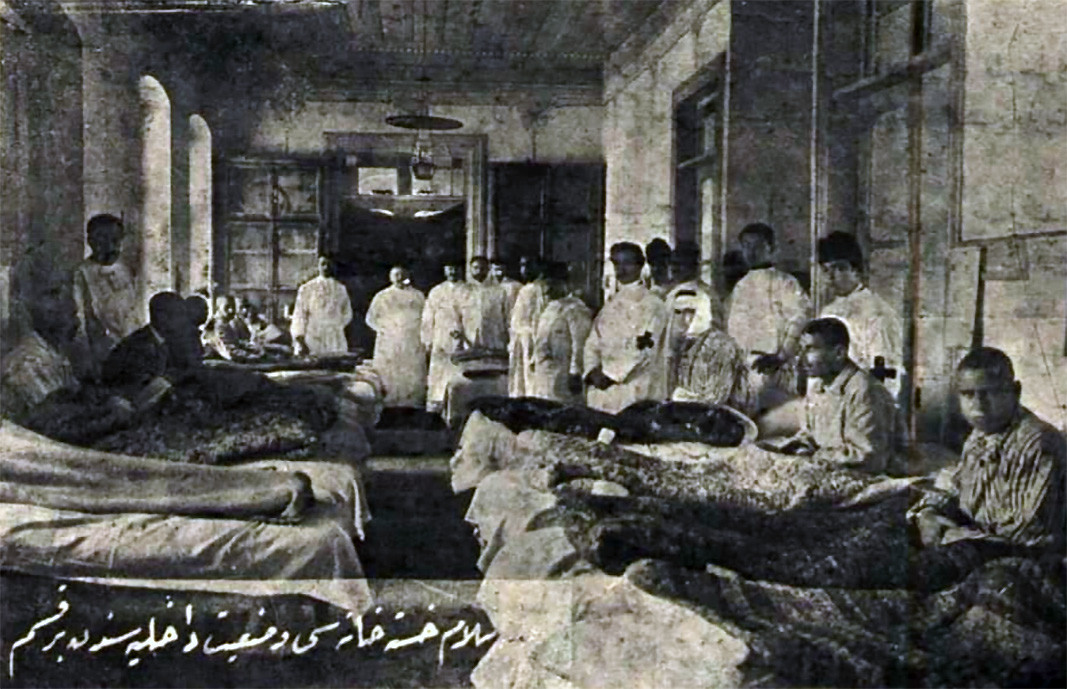
Plague, smallpox, typhus, tuberculosis, and cholera… Spanish flu came later and nowadays - coronavirus. The epidemics in Bulgarian lands can have devastating force. They not only affect demographics, but change the course of history. Such was the case with plague - the Black Death.

The most terrible disease, which claimed the biggest number of victims in the history of mankind, is also largely to blame for the fall of Bulgaria under Ottoman rule. In the 14th century the disease affected almost half of the Bulgarian population. The state was losing its strength and Bulgarian Tsar Ivan Shishman had no chance of opposing the Ottoman Empire.
"Millions died because of epidemics in Bulgaria in the past. These diseases destroyed entire families and villages. In the Middle Ages, epidemics were seen as ‘God's will’, so doctors did not take serious measures to oppose them,” historian Rumen Ivanov says. “The only method to limit them was quarantine. Documents in the National Library show that during the Ottoman rule, the Sultan issued orders to evict entire villages and to quarantine the sick in specially built buildings.”
The touching inscriptions on tombstones are also historical evidence of the tragedy caused by epidemics. One such inscription on the tombstone of a young woman reads: “The cause of my death was the plague. Never forget death!”

Archaeologists have also come across mass burials of victims of plague or smallpox. The practice was covering them with lime and a lot of soil so that the infection would not spread.
But as time went on, medicine progressed and people were no longer so helpless against diseases. When cholera broke out in Bulgarian lands in the 18th and 19th centuries, the authorities took decisive measures:
"They started constructing the so-called quarantine buildings along the entire border at the Danube, where foreigners arriving on our lands from Western Europe were quarantined. There is an interesting story about writer Hans Christian Andersen. He arrived in Ruschuk /today's Ruse/ by ship, but was not allowed to get off because his health card did not indicate whether he was suffering from cholera or not."

During the cholera epidemic in the 19th century, the authorities also set up the first crisis headquarters, appointed health inspectors who toured the cities and fined anyone who did not keep distance. The infected were isolated, whole neighborhoods were quarantined. The Spanish flu in 1918-19 also did not skip Bulgaria.
But it turns out that in this part of the Balkans, deadly flu waves raged long before that. "There are many documents about serious flu epidemics in the Ottoman Empire from the 15th and the 16th century, which killed thousands of Bulgarians," Rumen Ivanov says. But when the Spanish flu came, the Bulgarian state took very serious measures based on experience in the fight against cholera. "In our country, the Spanish flu killed between 300 and 400 thousand people - this is a very serious percentage of the two million Bulgarian population back then!" the historian says.
English: Alexander. Markov
Photos: courtesy of Rumen Ivanov and archiveDuring a visit by the Radio Bulgaria team to the Bulgarian Orthodox Parish "Nativity of the Mother of God" in Geneva, we had the pleasure of meeting Ventseslav Sabev, the son of long-time church history professor at the Sofia Theological Seminary,..
On November 15, 1910, Russian pilot Boris Maslenikov carried out the first airplane flight in Bulgaria. He took off in a Farman-type aircraft from an improvised airfield near Sofia. In the days that followed, several more demonstration flights were..
On 16 April 1879, the deputies of the Constituent Assembly debated, approved and signed Bulgaria’s first constitution, the Tarnovo Constitution. This document established the legal basis for the establishment of the new Bulgarian state following the..

+359 2 9336 661
